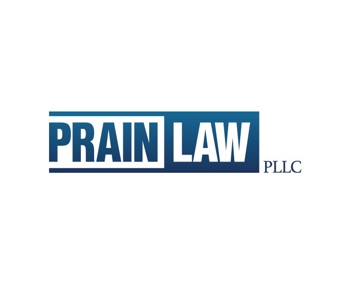 What is the Definition of Force or Coercion in Michigan? If you are charged with Criminal Sexual Conduct in Michigan, you'll need an experienced Criminal Sexual Conduct Defense Attorney. In Michigan, most (but not all) sex crimes are called Criminal Sexual Conduct, or CSC for short. The words "force or coercion" are used in the definition of each CSC crime; each CSC crime in Michigan has "force or coercion" as part of one or more of it's "multiple variables." But what is the definition of force or coercion in Michigan? First, you are probably aware that CSC is divided into four "degrees" of seriousness:
What is the Definition of Force or Coercion in Michigan? If you are charged with Criminal Sexual Conduct in Michigan, you'll need an experienced Criminal Sexual Conduct Defense Attorney. In Michigan, most (but not all) sex crimes are called Criminal Sexual Conduct, or CSC for short. The words "force or coercion" are used in the definition of each CSC crime; each CSC crime in Michigan has "force or coercion" as part of one or more of it's "multiple variables." But what is the definition of force or coercion in Michigan? First, you are probably aware that CSC is divided into four "degrees" of seriousness:First Degree CSC, MCL 750.520b: up to LIFE in Prison, LIFETIME Sex Offender Registration, and mandatory LIFETIME GPS.
Second Degree CSC, MCL 750.520c: up to 15 years in Prison, up to LIFETIME Sex Offender Registration, and possible LIFETIME GPS.
Third Degree CSC, MCL 750.520d: up to 15 years in Prison, LIFETIME Sex Offender Registration.
Fourth Degree CSC,MCL 750.520e: up to 2 years in Prison, up to LIFETIME Sex Offender Registration.
1) When the actor overcomes the victim through the actual application of physical force or physical violence.
2) When the actor coerces the victim to submit by threatening to use force or violence on the victim, and the victim believes that the actor has the present ability to execute these threats.
3) When the actor coerces the victim to submit by threatening to retaliate in the future against the victim, or any other person, and the victim believes that the actor has the ability to execute this threat. As used in this subdivision, “to retaliate” includes threats of physical punishment, kidnapping, or extortion.
4) When the actor engages in the medical treatment or examination of the victim in a manner or for purposes that are medically recognized as unethical or unacceptable.
5) When the actor, through concealment or by the element of surprise, is able to overcome the victim.
Each one of the four degrees of CSC in Michigan incorporates some aspect of "force or coercion" as in of it's "multiple variables." For example, using force or coercion as defined above to accomplish an act of sexual penetration where an injury is caused to the victim is one way that First Degree Criminal Sexual Conduct is committed, a LIFE offense. If there is force or coercion plus an injury, but only sexual contact (rather than penetration), that would be Second Degree Criminal Sexual Conduct. If force or coercion is used to accomplish sexual penetration, but without any other aggravating fact (i.e. no injury, no aiding and abetting by a third party, etc.), the charge is Third Degree Criminal Sexual Conduct. Or, if force or coercion is used to accomplish just sexual contact without anything more, the accused may face a Fourth Degree Criminal Sexual Conduct charge.
